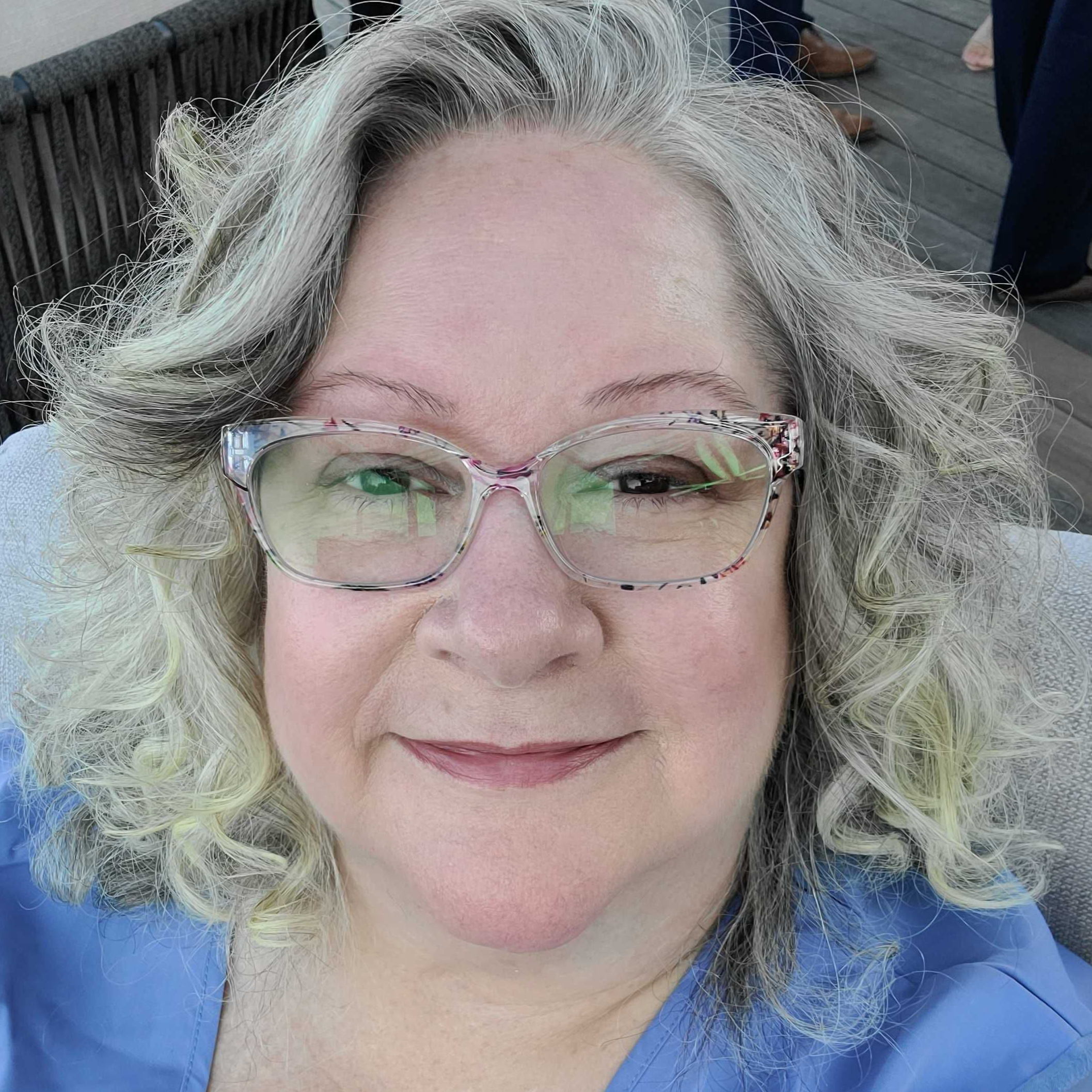Tips for continuing to wear a face mask during Georgia’s hot months
As Atlanta heats up, there are lots of things you’ll no longer want to wear: long pants, closed-toe shoes and jackets, for example. You’ll also likely not want to wear a face mask.
Unfortunately, just because the heat is coming doesn't mean the coronavirus is leaving.
» Tips to keep you safer as Georgia reopens during pandemic
Although "experts were initially hopeful that Georgia's summer heat would help slow the spread of the virus," the AJC's Courtney Kueppers reported earlier this month, "the National Institutes of Health director said that may not be the case."
So the Atlanta-based Centers for Disease Control and Prevention — and now the World Health Organization — recommend wearing a face covering in public when it's not possible to stay 6 feet apart.
"It's important to wear a mask and maintain social distancing," Anne Rimoin, professor of epidemiology at UCLA and director of the university's Center for Global and Immigrant Health, told CNN, referencing a study published earlier this month that found both strategies are the most effective ways to prevent coronavirus transmission. "All of these layers are measures of protection."
Here are a few tips to make your face mask more comfortable during Georgia’s hot months.
Pick the right fabric and color
Natural is better when it comes to face masks, experts say. Cotton masks are easier to breathe through, so making one out of an old T-shirt or piece of fabric could cut down on chances of heat distress.
Cotton isn't necessarily the best fabric for blocking water droplets, but researchers at the University of Illinois at Urbana-Champaign found that two layers of cotton material will block about 98% of them. One layer blocks only about 40%, they found.
» Avoid these common mistakes and properly wear a face covering
Another option is bamboo fabric, which is 40% more absorbent than "the finest organic cotton," and can take in "three times more water than its weight" when woven into a piece of fabric, according to Cariloha, a bamboo retail store.
"For high heat, I suggest to wear a double-layer face mask made of bamboo fabric if you are planning to go out for walking or jogging, but have no plans to engage in conversation with other folks," Gerardo Chowell, professor of epidemiology with Georgia State University's School of Public Health, told BuzzFeed. "If you are planning to go out to the park and engage in conversation with others, I'd recommend a face mask made of nonwoven fabric which offers greater protection. However, these are less comfortable and more difficult to find."
And for the same reason we wear light-colored clothing in summer, the best face masks in heat should not be dark. Dark fabrics tend to absorb light and turn it into heat, whereas light fabrics reflect light.
"A key issue is that when we breathe, we cool off, so wearing a mask that (gets) quickly hot can lead to an elevated temperature in extreme heat, especially if accompanied by humidity," Richard Wenzel, a professor in the Division of Infectious Diseases at the Virginia Commonwealth University School of Medicine, told CNN.
Wenzel said that if you feel yourself struggling to breathe, you should take your mask off, sit in the shade and drink some water. Just be sure to maintain a 6-foot buffer from other people.
» Why babies shouldn't wear face masks but older kids should
Change your mask often
If you’re going to be outside at long time, change your mask whenever it gets wet.
That's because a "soggy masks can be more harmful to your health," the Miami Herald reported.
"Moisture sitting in masks for too long creates perfect breeding grounds for bacteria and viruses to thrive, especially when worn more than once without washing between uses," a 2015 study found.
To ensure your safety, use hand santizer or wash your hands after removing one mask and before putting on the other.
And if you’re not wearing disposable masks, be sure to wash all soiled face coverings between usages.
» Have a reusable face mask? Here's how to wash it the right way
Use sunscreen
Tan lines can be annoying when wearing a strapless dress, so it’s highly unlikely anyone wants them on their face.
Dr. Doris Day, a New York dermatologist and clinical associate professor of dermatology at the New York University Langone Medical Center, told Buzzfeed it’s important to wear sunscreen with SPF 50 or higher. Also good, Day said, is to wear a hat that shades your entire face.

